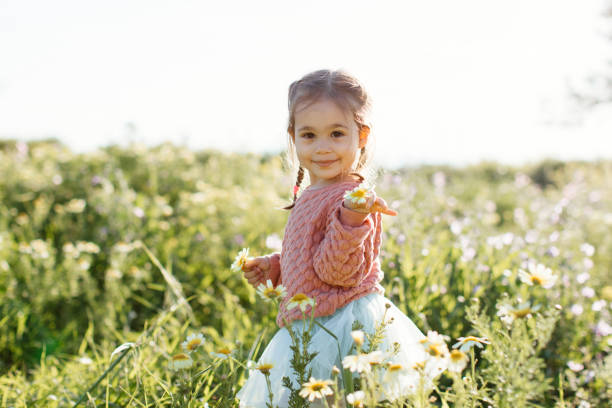
Being grateful is a key part of the happiness equation. It helps you to see things in a positive light and feel good about yourself.
Being grateful can help you to focus on what you have, rather than what you don’t have. It allows you to live in the moment and enjoy what’s happening right now. It helps us to be more mindful of others, appreciate the little things, and find happiness in our lives.
The power of gratitude is not just limited to those who practice it. It has been proven to have a significant impact on your physical health, mental health, and even your relationships with others.
Parmatmana says, it is important to note that gratitude is not just about feeling good all the time. It’s also about recognizing when we feel bad so we can change our behaviour and focus on what we have rather than what we don’t have.
In order to be grateful, we must first acknowledge what we have in life. When we are grateful, it feels good and makes us feel happy inside. We can develop gratitude by acknowledging the good things in our life and appreciating them.
It is easy to feel overwhelmed by all the things that we have to do each day, but gratitude helps us feel more at peace with what we have and appreciate what others may not have as much as they would like.
Taking a look back : How did the concept of gratitude come into being?
The word gratitude has been around for over 5000 years, but what does it actually mean? It’s a term with many definitions and interpretations, but the most commonly accepted definition is that it is a feeling of thankfulness.
As a matter of fact, “thankful” is just one of the many definitions that comes from the word “gratitude.”
It has been used by ancient spiritual practices and religions to connect with the divine and wake up to a new frequency.
One of the earliest traces of gratitude goes back to at least 3000 BCE, when a Bronze Age man named Urukagina ruled Lagash in Mesopotamia. In his rule, he made gratitude an integral part of society.
There are many ways to express your gratitude in our modern society including writing a letter or spending quality time with family and friends. There are also different ways to practice gratitude.
You could write down things you are grateful for each day, donate or volunteer your time or money to people or organizations you care about and be mindful of what things you do have in your life that you are thankful for. The list goes on and on.
A Deeper meaning
Parmatmana says, gratitude builds trust with others which can result in deeper social bonds. A simple gesture of appreciation can create an amazing impact on our lives. Gratitude builds human connections and relationships, as well as boosts self-esteem, optimism and resilience.
According to Parmatmana, a grateful person thinks of the good things in their life, but also recognizes the importance of other people and their contributions. A grateful person notices what others do for them and pays it forward.
There are different ways to express gratitude, including verbal praise, a smile or even writing it down. But the most powerful way is through actions – by doing something kind for someone else on a daily basis.
Unlock the power of gratitude to heal you mentally & spiritually
“Gratitude unlocks the fullness of life.” – Oprah Winfrey
One of the most underrated aspects of gratitude is how it can change your mindset. It can help you to be present and give you a sense of peace.
Gratitude has been shown to improve physical health, mental health, and even spiritual practices like yoga, meditation, or prayer.
The power of gratitude has been studied extensively by psychologists and researchers who have found that people who practice gratitude are happier, healthier, more successful, and more likely to achieve their goals than those who don’t.
Gratitude provides an instant mental boost and states us as able to handle frustration, discomfort and fatigue while also improving physical functioning and breaking cardiovascular disease’s negative impacts on our body.
It also has many benefits for the mind and spirit. It can help with feelings of relaxation and well-being, increase self-esteem, improve relationships, promote social cohesion, reduce psychological distress and stress levels.
‘’Being grateful is one of the most important things a person can do. It is not necessarily easy to be grateful but it is worth the effort’’